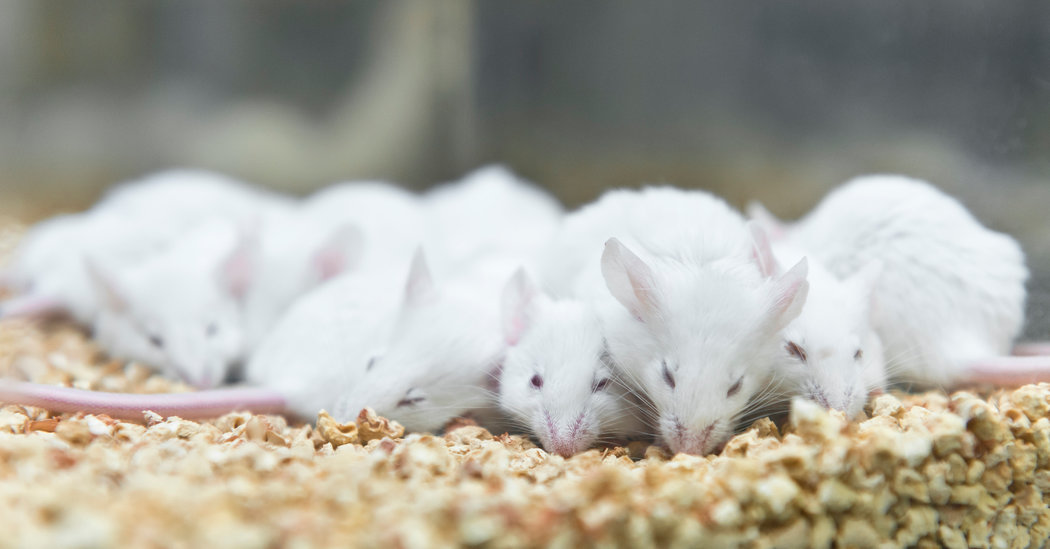One afternoon in April 1929, a journalist from a Moscow newspaper turned up in Alexander Luria’s office with an unusual problem: He never forgot things.
Dr. Luria, a neuropsychologist, proceeded to test the man, who later became known as subject S., by spouting long strings of numbers and words, foreign poems and scientific formulas, all of which S. recited back without fail. Decades later, S. still remembered the lists of numbers perfectly whenever Dr. Luria retested him.
But S.’s ability to remember was also a hindrance in everyday life. He had a hard time understanding abstract concepts or figurative language, and he was terrible at recognizing faces because he had memorized them at an exact point in time, with specific facial expressions and features. The ability to forget, scientists eventually came to realize, was just as vital as the ability to remember.
“We’re inundated with so much information every day, and much of that information is turned into memories in the brain,” said Ronald Davis, a neurobiologist at the Scripps Research Institute in Jupiter, Fla. “We simply cannot deal with all of it.”
Researchers like Dr. Davis argue that forgetting is an active mechanism that the brain employs to clear out unnecessary pieces of information so we can retain new ones. Others have gone a step further, suggesting that forgetting is required for the mental flexibility inherent in creative thinking and imagination.
A new paper, published Thursday in the journal Science, points to a group of neurons in the brain that may be responsible for helping the brain to forget. Akihiro Yamanaka, a neuroscientist at Nagoya University in Japan, and his team stumbled across the cells, known as melanin-concentrating hormone, or M.C.H., neurons, while studying sleep regulation in mice.
Unlike most of the brain’s neurons, which are active when animals are awake, M.C.H. neurons in the hypothalamus start firing electrical signals most actively when a sleeping animal is in a stage called R.E.M. sleep. This phase of sleep is characterized by rapid eye movement, an elevated pulse, unique brain waves and, in humans, vivid dreams. When the researchers tracked M.C.H. signals in mice, they found that the cells were suppressing neurons in the hippocampus, a brain region known to play a role in the consolidation of memory.
To evaluate the effects of the M.C.H. neurons on memory, the researchers used genetic tools to turn M.C.H. neurons on and off before mice performed some memory tests. First, the researchers presented the mice with a tiny plastic banana and a wooden toy to explore side by side. After each animal sniffed out both items, the researchers artificially activated or inhibited its M.C.H. neurons. Then they put each mouse back in the test cage, where one of the toys had been swapped out for a new item.
To the scientists’ surprise, “turning on” M.C.H. cells during the retention period worsened memory; the mice did not remember which toys they had already seen and smelled. They approached the familiar wooden or plastic toy with the same frequency as the new one. But mice that had their M.C.H. neurons artificially suppressed were more likely to play with the new item, indicating that they had formed stronger memories of the initial items and did not need to explore them again.
The change in behavior was so obvious that researchers could tell just by observing the mice which ones had their M.C.H. neurons suppressed. And the effects were visible only if the M.C.H. neurons were inhibited during R.E.M. sleep; inhibiting the cells while the mice were awake or during a different part of the sleep cycle did not improve their performance on the memory test.
“These results suggest that hypothalamic M.C.H. neurons help the brain actively forget new information that is not important,” Dr. Yamanaka said. And because the neurons are most active during R.E.M. sleep, they may explain why humans usually do not remember their dreams when they wake up. “The neurons may be clearing up memory resources for the next day,” Dr. Yamanaka said.
[Like the Science Times page on Facebook. | Sign up for the Science Times newsletter.]
But there are likely to be many processes regulating how and when the brain forgets, just as there is with recollection.
“As we learn, and as other animals learn throughout the day, various forgetting mechanisms may always be slowly eroding memory,” Dr. Davis said. Changes in the firing pattern of neurons, the weakening of synapses and the generation of new neurons in the brain have all been shown to contribute to some level of memory loss.
Dr. Davis’s studies in fruit flies indicate that the neurotransmitter dopamine is involved in both forming and forgetting memories. His theory is that after a memory is formed, the slow, continual release of additional dopamine triggers a cascade of biochemical reactions in the neurons that store the memory, and that this eventually removes the memory unless another brain mechanism deems it important and intervenes.
“If the memory is really important to the organism, or to us as humans, then this attention or emotional interest will come in and act like a judge, telling the brain, ‘Keep this one, protect it,’” Dr. Davis said.
It would make sense that the regions and mechanisms in the brain that are involved in memory formation are also connected to memory removal, Dr. Davis said. If you wanted to make changes to your house — by painting a room, say — and a few months or years later you decided to adopt a trendy new color, you would first go back and strip out the old paint.
But we are far from the day, if it ever comes, when traumatic memories can be erased or sunny ones are made easier to recall, Dr. Yamanaka said. For now, such possibilities belong to the realm of movies like “Eternal Sunshine of the Spotless Mind.”
Source: Read Full Article





